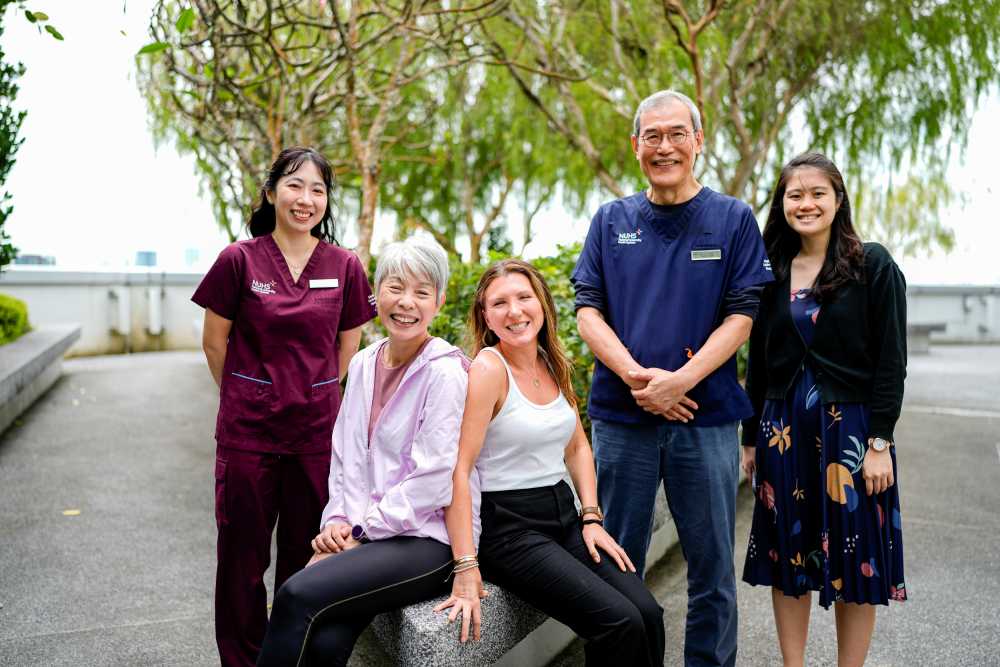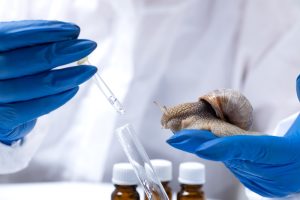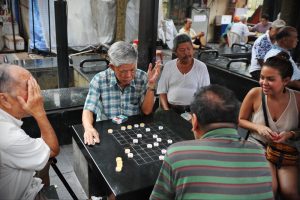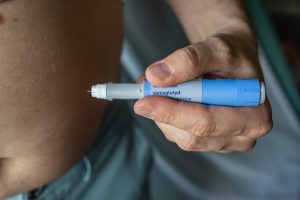Groundbreaking research by the Integrated Women’s Health Programme (IWHP) at the National University Hospital (NUH) and NUS Medicine has brought to light the predominant issue of menopausal arthralgia among midlife Singaporean women.
This condition, marked by muscle and joint pain, has emerged as a significant challenge during menopause, profoundly affecting daily life and well-being.
Research Findings
Two comprehensive studies conducted last year by the IWHP, funded by the Singapore National Medical Research Council, have shed light on this issue. The first study, published in Maturitas in October 2023, surveyed 1,054 Singaporean women, revealing that 62.6% reported at least one moderate to extremely severe menopausal symptom. Arthralgia was identified as the top menopausal symptom, affecting 32.9% of the cohort.
A subsequent study, published in Climacteric in December 2023, confirmed arthralgia’s prevalence, with 74.9% of 1,120 midlife women suffering from the condition to varying degrees. This study also linked arthralgia to other menopausal symptoms like vaginal dryness, physical and mental exhaustion, and poor muscle strength.
Insights from Southeast Asia
These studies, unique in their focus on Chinese, Malay, and Indian ethnicities in Southeast Asia, highlight the prominence of arthralgia over other common menopausal symptoms like sleep problems, vaginal dryness, and hot flushes. The research underscores the need for a deeper understanding of menopausal symptoms specific to the regional context, differing from Western studies.
Addressing the Challenge
Professor Yong Eu Leong from NUH’s Department of Obstetrics and Gynaecology emphasised the importance of understanding and managing arthralgia among healthy midlife women. Despite its frequency, there is a lack of studies examining the risk factors associated with this condition. The complexity of menopausal experiences, as shown by the correlation of arthralgia with other symptoms, indicates the need for comprehensive treatment approaches.
Prof Yong added: “Our studies have revealed that arthralgia often correlates with other challenging symptoms during the postmenopausal phase, indicating a complex interplay within menopausal experiences. Arthralgia can be debilitating and may lead to a decline in the quality of life among healthy midlife women. Despite being one of the most frequent complaints, there is a paucity of studies examining the risk factors associated with this condition.”
Future Directions
In response to these findings, the IWHP is planning a follow-up study in collaboration with physiotherapists from NUH. The focus will be on developing targeted interventions, such as exercise regimes to enhance muscle strength and exploring the potential of menopausal hormone therapy in alleviating joint pains and improving overall well-being for women in different stages of menopause.
Conclusion
The research conducted by the IWHP has brought menopausal arthralgia into the spotlight, revealing it as a critical health issue for midlife women in Singapore. With these insights, there is a renewed focus on creating targeted treatments and interventions to alleviate the symptoms and improve the quality of life for women experiencing menopause. This advancement in understanding menopausal health is a significant step forward in women’s healthcare in Singapore and the broader Southeast Asian region.
Photo Caption: Researchers from the NUHS Integrated Women’s Health Programme led by Professor Yong Eu Leong, Emeritus Consultant, Department of Obstetrics and Gynaecology, NUH (second from right) found that arthralgia was ranked as the top menopausal symptom among Singaporean women. He is working with Principal Physiotherapist Ms Cammy Tsai, Department of Rehabilitation, NUH (first from left), and Ms Beverly Wong, Research Assistant, Department of Obstetrics and Gynaecology, NUS Medicine (first from right), on further studies to help women like Mdm Regina Lim and Mrs Nicole Doyle (seated) on alleviating menopausal symptoms.
Photo Credit: NUHS














